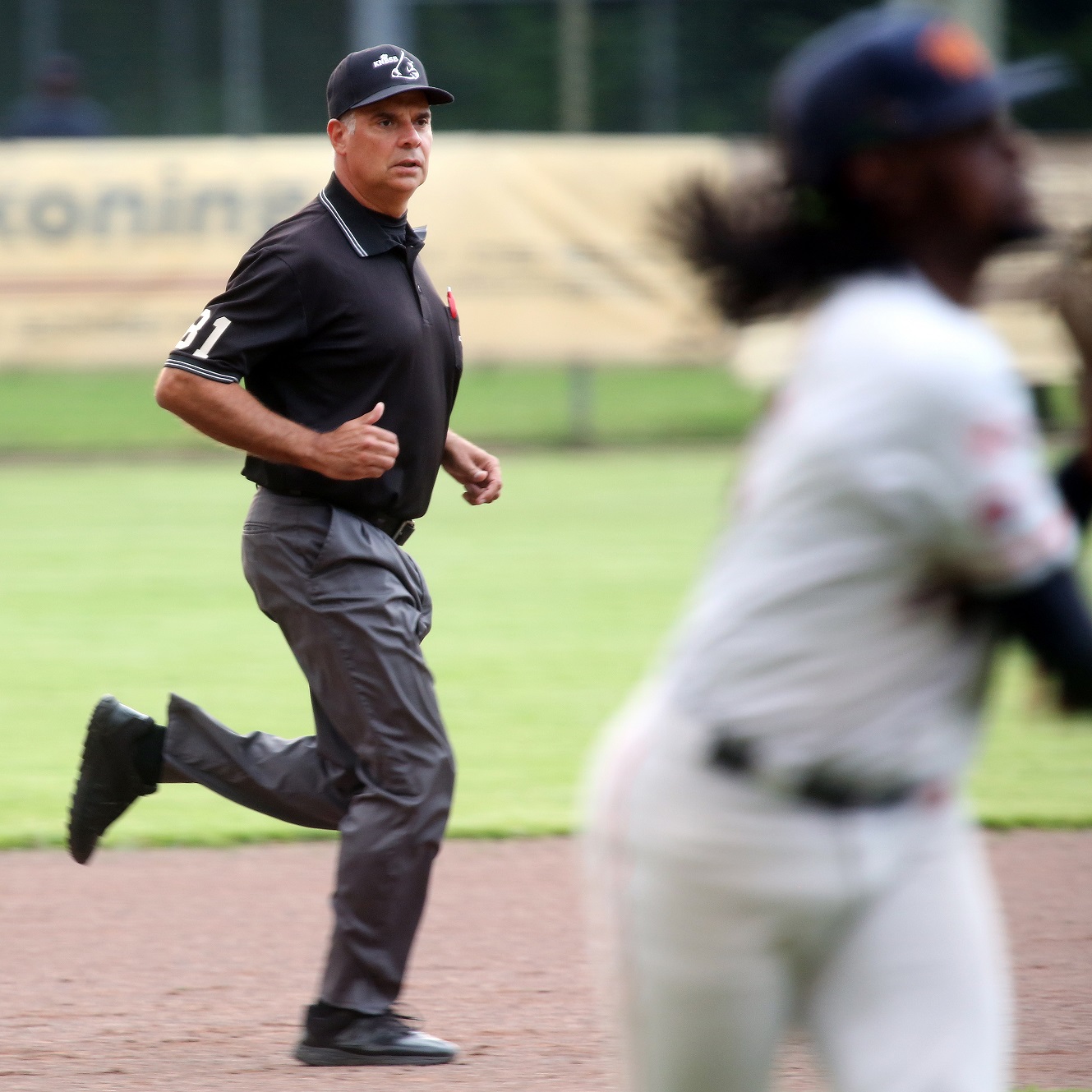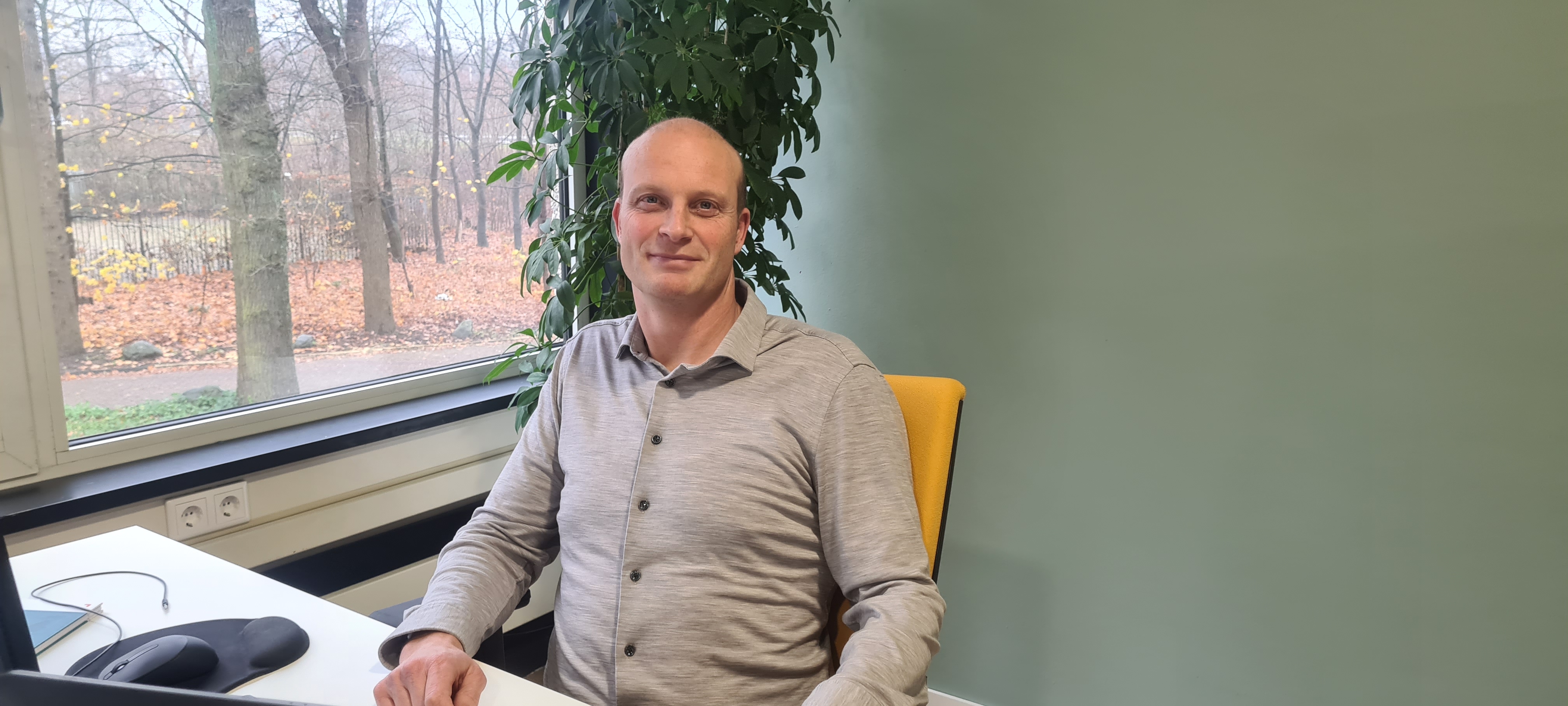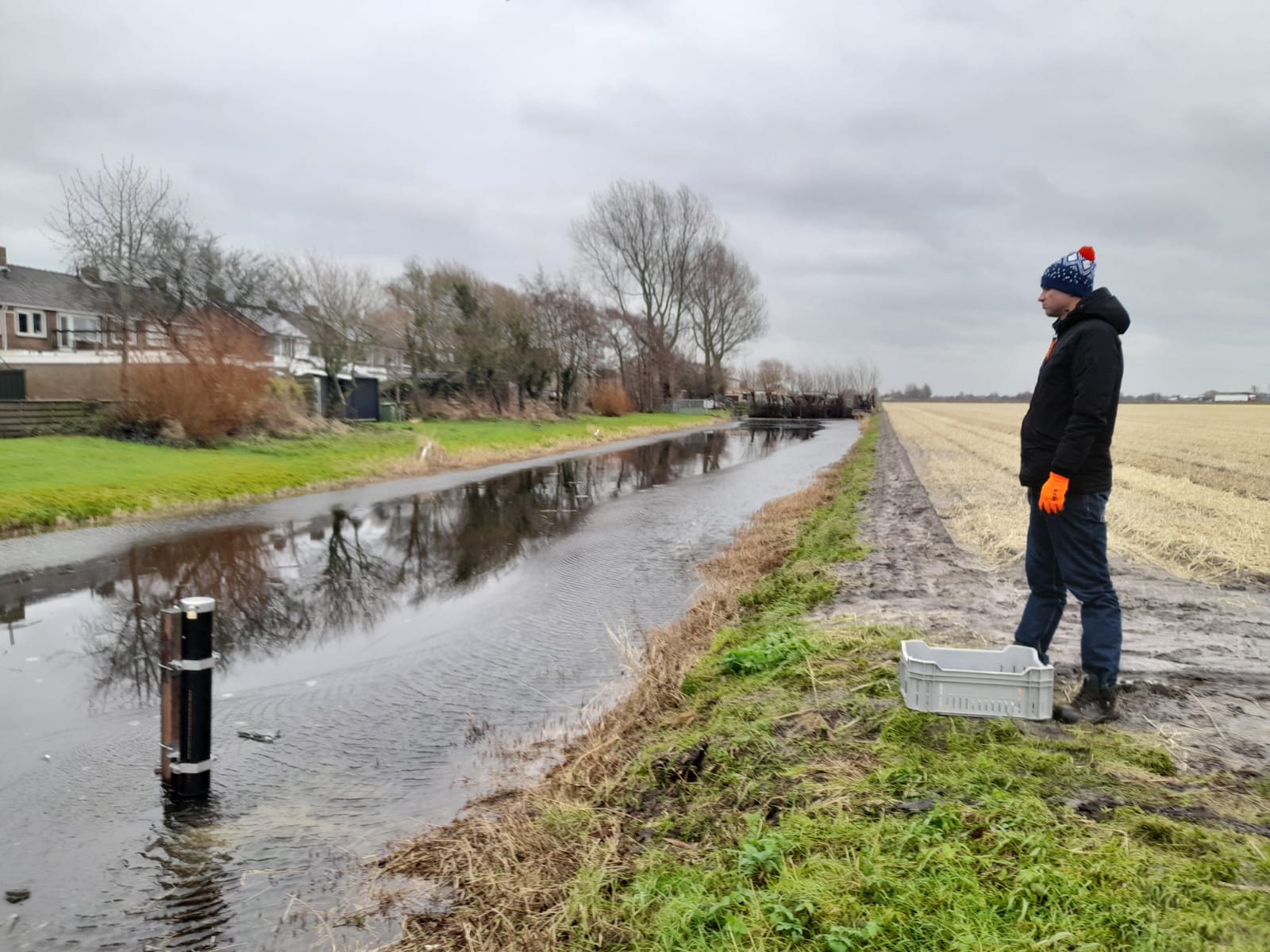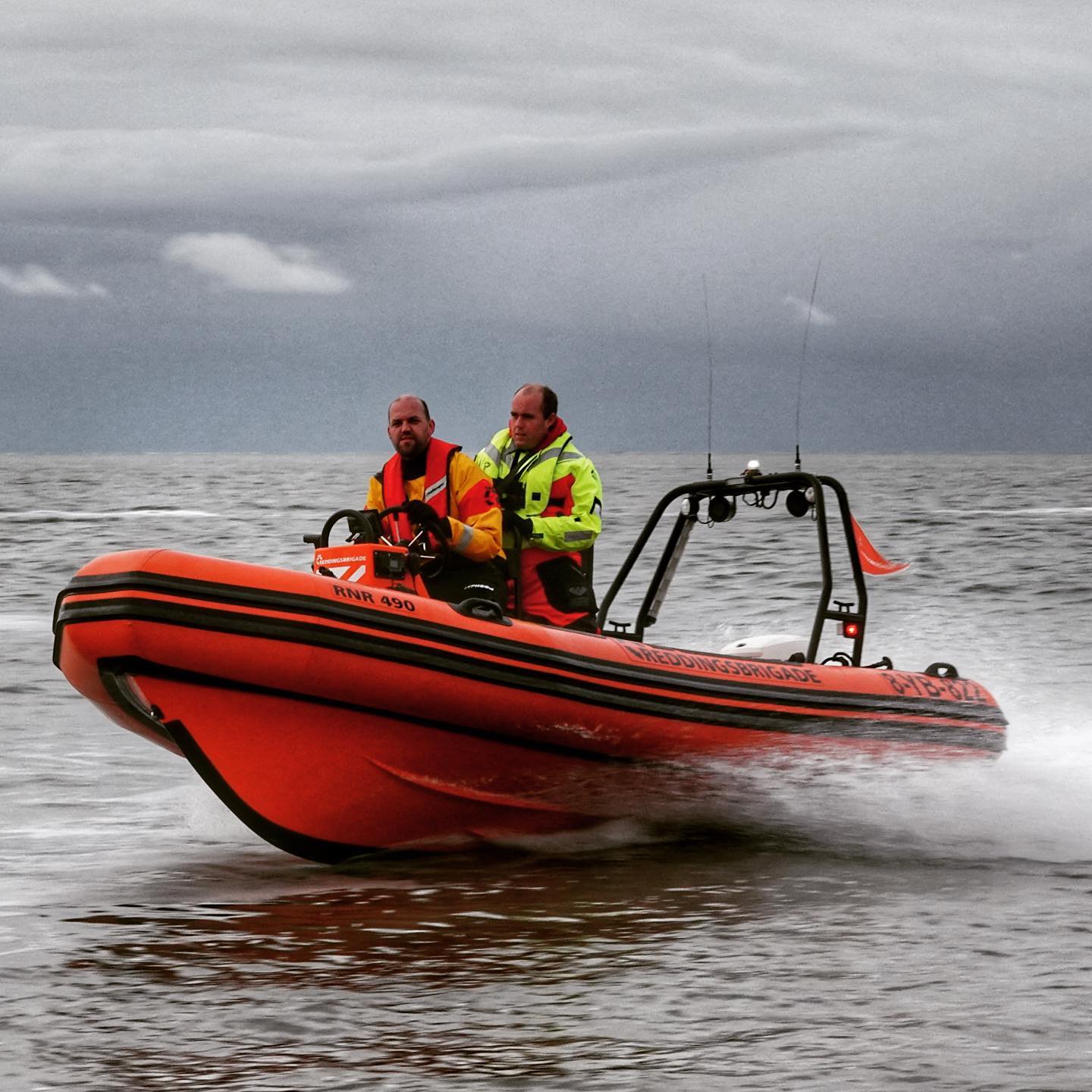
Be You. Be Like Pieter van 't Hof.
ICT Group has its own David Hasselhoff
- 5 June 2023
- 5 minutes
Pieter van 't Hof joined ICT Group as a software designer at the age of thirty. Now, a little more than ten years later, he works as a technical consultant for Transport and Logistics. Besides this full-time job, Pieter is an experienced lifeguard at the Rockanje Rescue Team. "I can do this wonderful job thanks to ICT Group's flexible attitude," he says.
As a technical consultant, Pieter supports the logistics with regard to container transport in the port of Rotterdam. He does his work for ICT Group with great passion. Equally passionately, he dedicates himself to his fellow man in need at sea or on the beach.
Very serious
"The Rockanje Rescue Team now feels like one big group of friends," Pieter says, "but a group with a very serious goal: prevention and saving lives." Pieter has been active in the rescue team since 2006. During the winter, he hardly takes any days off, so he can be at the beach a lot in the summer. The flexibility at ICT Group is ideal for him. "I have a lot of control over my schedule and work very independently. Sometimes I even work from the lifeguard's office." It also sometimes happens that he has to go out with the rescue team to look for someone at sea in the afternoon and isn’t back home until well after midnight. "In those cases, fortunately ICT Group fully understands that I start work a bit later. Whether I need to be in top shape? We have a boat and a watercraft" Pieter laughs. "We train once every fortnight, mainly on techniques and scenarios. During a shift, one moment you're having a nice chat, and the next moment we can receive a report and start working in earnest. After all, lives may be at stake.
"During a shift, one moment you're having a nice chat, and the next moment we can receive a report and start working in earnest. After all, lives may be at stake."
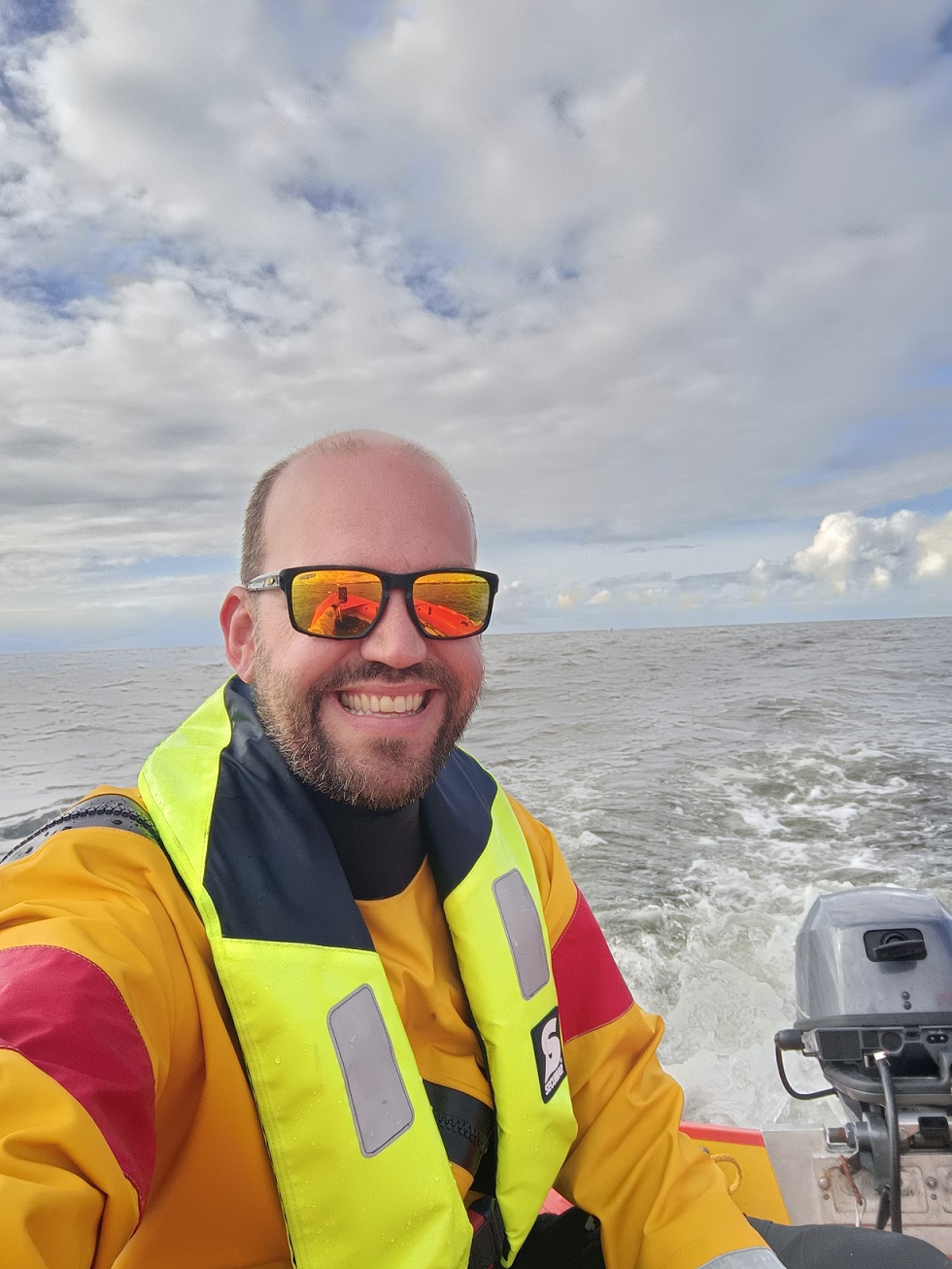
Think first, then act
Pieter's two jobs may seem like separate worlds, yet there are quite a few similarities. "Despite the fact that there is always an extreme rush during emergencies, in rescue work you have to dare to take a step back to have a good overview of the situation. Acting impulsively can actually cause trouble and chaos. Think first, then act, is the credo. This is also how it goes in my work at ICT Group. I have a rather strong tendency to dive straight in. After all, that's the Rotterdam mentality. But often it’s wiser to take a step back. A good analysis gives you a kind of helicopter view, allowing you to see what is really needed. That is one thing I’ve certainly learned by now."
"Sometimes I even work from the lifeguard's office"
Cessna
Pieter experiences a lot at the rescue team. Some events stay with you more than others, is his experience. On Whit Monday 2012, the Rockanje Rescue Team was also involved in the search for a lost plane. The Second Maasvlakte was still under construction, and there was a dense fog above the sea that day. Pieter: "We were told that a Cessna had disappeared from the radar. After hours of searching, the coast guard search team found the small plane on a newly raised headland, which wasn’t anywhere on the map yet. Unfortunately, the pilot died later in hospital, but fortunately, the three other occupants, including two teenagers, survived the accident."
Camera
Aftercare is well provided for the people from the rescue team. Partly because of this, Pieter doesn’t "take the events home". He says that his rescue work allowed him to get to know a softer side of himself. "I also take that with me in my attitude towards colleagues at ICT Group," he says. This also comes in handy when supervising students, he notes. One such student is Lars. ICT Group asked him to develop a camera for on the lifeguard's boat, allowing rescue operations at sea to be followed by people on shore as well. The camera communicates via a 4G network to Azure Media Service, allowing people in the command centre to watch rescue operations securely and live via a customised front-end. In this way, situational awareness among rescue leaders is greatly enhanced. "This is how both my jobs come together after all," concludes Pieter.
"Despite the fact that there is always an extreme rush during emergencies, in rescue work you have to dare to take a step back to have a good overview of the situation."

Drone images and AI
"We are currently exploring how drone images of the coastline, combined with AI, can be used to automatically recognise (potentially) dangerous situations," says Pieter. "If we can automatically recognise the locations of these flows, we can take preventive measures."
